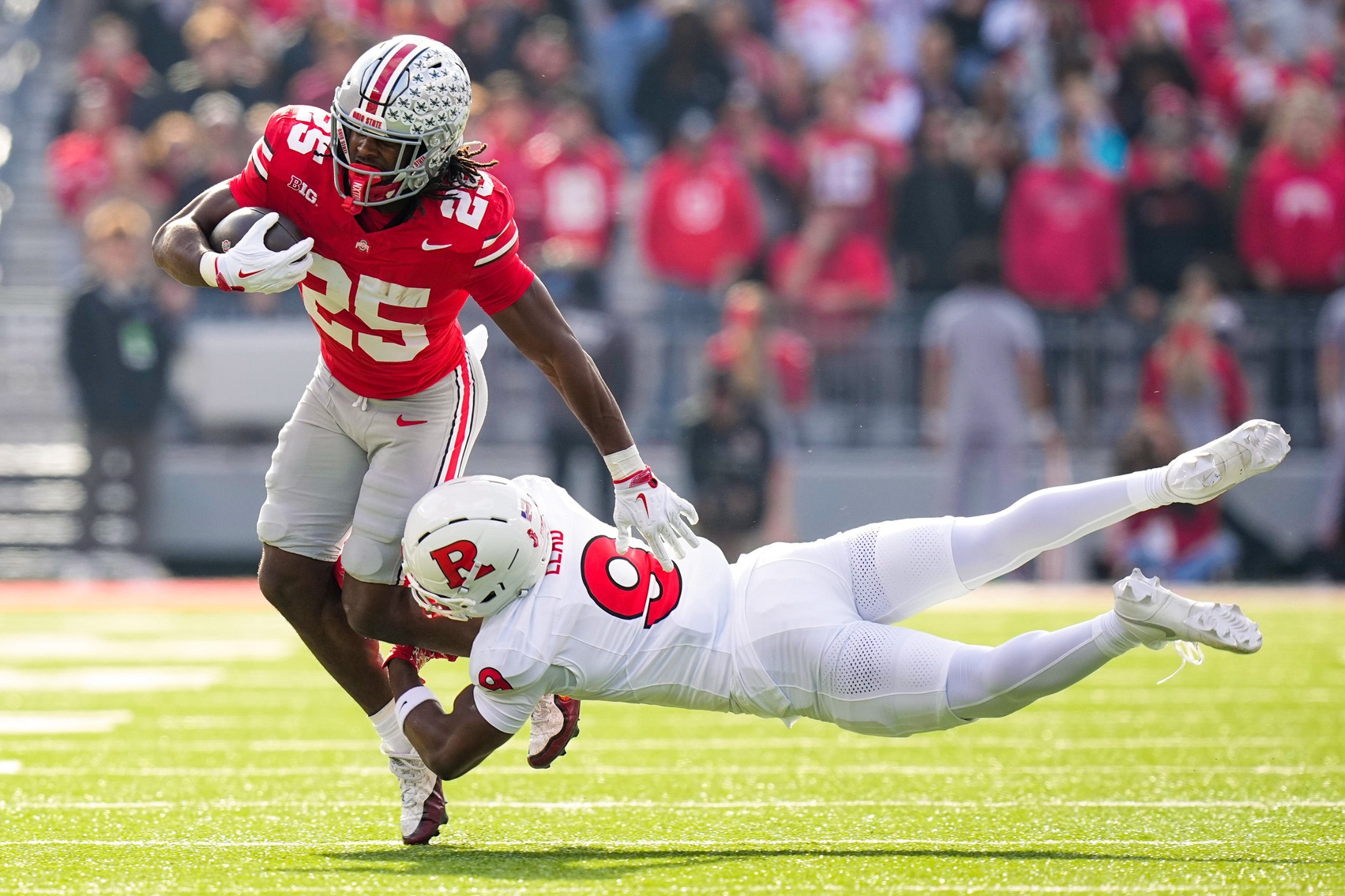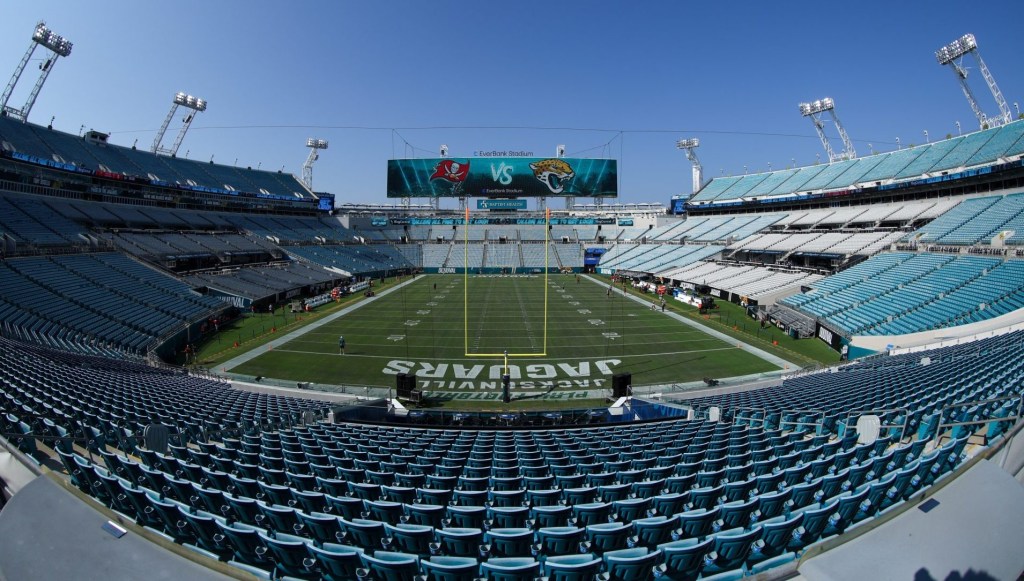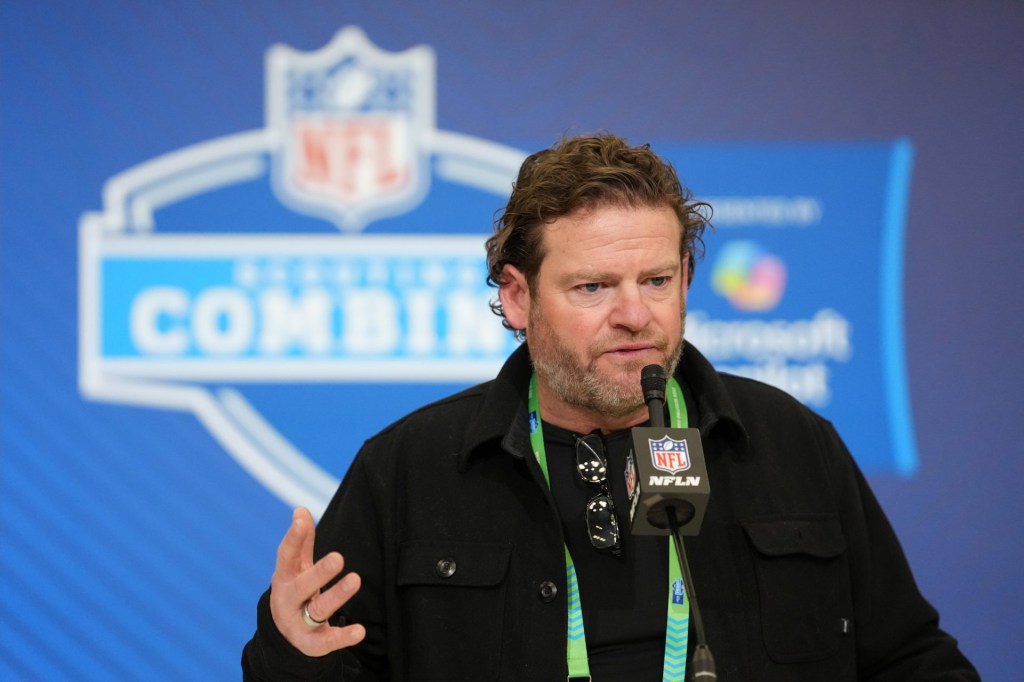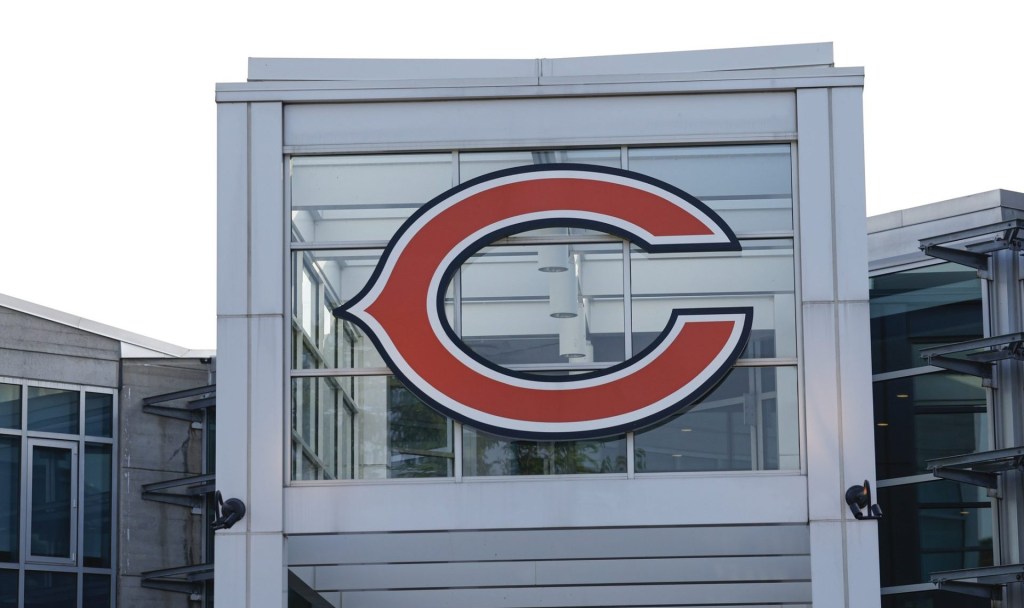The NCAA just got a major win in the battle to maintain its eligibility rules.
On Tuesday, the Third Circuit Court of Appeals reversed a lower-court ruling granting Rutgers football player Jett Elad an injunction to play this year after he challenged multiple NCAA eligibility rules on the grounds that they violated antitrust law. The court found that, because Elad’s case did not “define a relevant market”—a prerequisite for antitrust scrutiny—it could not uphold the decision to grant him an injunction.
The reversal is notable given that it’s the NCAA’s first win on eligibility lawsuits at the circuit-court level—and could encourage other appeals courts to uphold the NCAA’s eligibility rules.
However, it’s unclear whether the decision will set a pro-NCAA precedent in the long run. While the court struck down Elad’s injunction, it also disagreed with the NCAA’s argument that eligibility rules should not be subject to antitrust law in general. So in the future, other courts could still decide that these rules violate antitrust laws in different circumstances.
“The Third Circuit explicitly rejecting that precedent is a major blow for them,” Boise State law professor Sam Ehrlich tells Front Office Sports. “The Third Circuit really didn’t seem all too unwilling to find that the rules violate antitrust law overall once the market analysis is cleared up.”
The eligibility lawsuit battle began in 2024, when Vanderbilt quarterback Diego Pavia won an injunction to play for the Commodores this year. Since then, more than 40 lawsuits have been filed against the NCAA challenging various eligibility rules, and the governing body has been fighting to keep these rules in place ever since. Three eligibility appeals are currently awaiting decisions at the circuit-court level.
Elad’s case, filed in the wake of the ongoing Pavia lawsuit, challenged multiple NCAA eligibility rules, arguing that they violated antitrust laws because they restricted his earning potential. Elad said Rutgers had offered him $500,000 to play in 2025, and the eligibility restrictions would deprive him of these earnings. First, it challenged the NCAA’s rule stating years played at junior college should count toward NCAA eligibility—he said his year played at Garden City Community College in 2022 should not count. It also challenges the idea that all four years of play must be completed within five calendar years, as he first entered college in 2019. His injunction was granted in April, and he has played defensive back for Rutgers all season.
Elad will still play against Penn State on Saturday, thanks to an emergency injunction granted several hours after the Third Circuit ruling.
For the NCAA, the ruling is a win—despite its potential long-term implications. “The NCAA will continue to defend its eligibility rules against repeated attempts to rob high school students of the opportunity to compete in college and experience the life-changing opportunities only college sports can create,” the NCAA said in a statement shared with FOS. “We are thankful the Third Circuit Court of Appeals today reversed the district court’s decision.”
The NCAA’s best bet to stop the flood of lawsuits would be to receive antitrust protection awarded through legislation in Congress. The governing body has spent millions lobbying for this, and it could get it if the SCORE Act passes.
The NCAA referenced this in its statement about the Elad case, when it said: “The NCAA and its member schools are making changes to deliver more benefits to student-athletes, but the patchwork of state laws and inconsistent, conflicting court decisions make partnering with Congress essential to provide stability for all college athletes.”





![[Subscription Customers Only] Jul 13, 2025; East Rutherford, New Jersey, USA; Chelsea FC midfielder Cole Palmer (10) celebrates winning the final of the 2025 FIFA Club World Cup at MetLife Stadium](https://frontofficesports.com/wp-content/uploads/2026/02/USATSI_26636703-scaled-e1770932227605.jpg?quality=100&w=1024)











